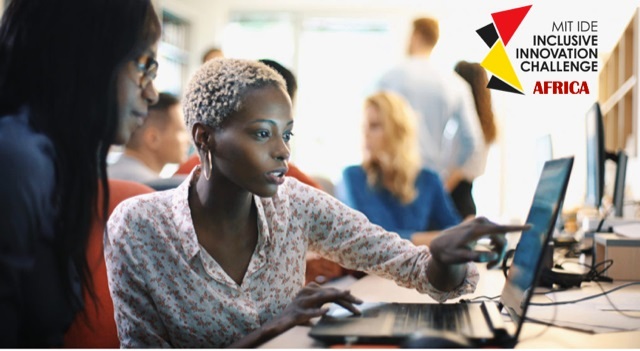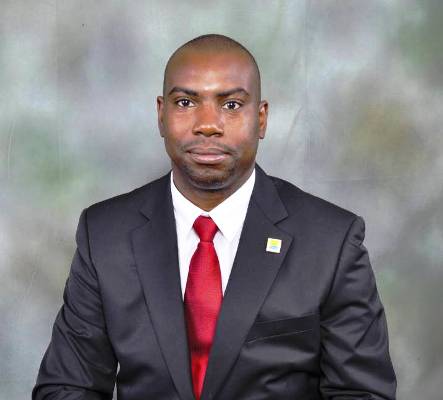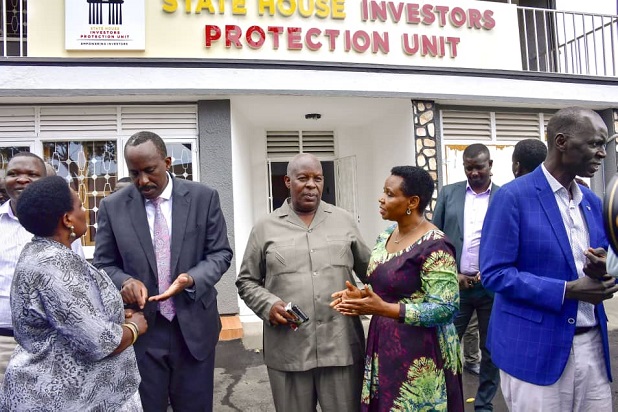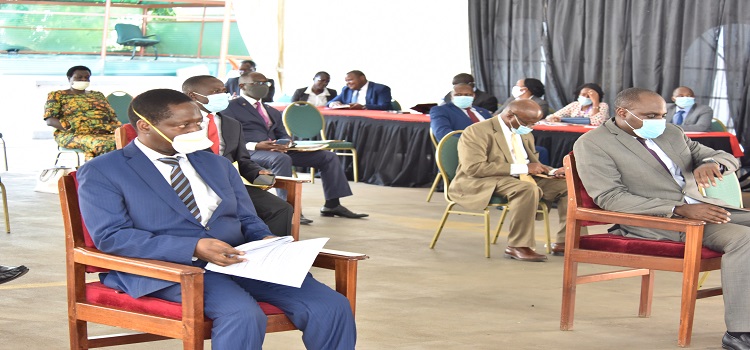The MIT Initiative on the Digital Economy has announced the four regional winners for their 2018 global economic prize, the MIT Inclusive Innovation Challenge (IIC) in Africa.
The winning organizations were selected from 9 IIC finalists and from 10 Zambezi Prize for Innovation in Financial Inclusion finalists at a summit and celebration in Nairobi, Kenya on August 29.
The celebration was held in conjunction with the MIT IIC Africa collaborator, the MIT Legatum Center for Development and Entrepreneurship, who organizes the Zambezi Prize in partnership with the Mastercard Foundation.
The MIT IIC awards $1.6 million globally to the “heroes of Inclusive Innovation” − organizations that are using technology to reinvent the future of work and create a more equitable economy.
195 for-profit and non-profit organizations across Africa registered for the Challenge. Regional experts evaluated and provided feedback on applications. A Selection Panel of regional leaders selected three of the four IIC Africa category winners.
The winner for the fourth category, Financial Inclusion, was selected by the IIC nominating partner, the Zambezi Prize, and was also announced live at the event.
The IIC winners received an all expenses paid trip to MIT for the Grand Prize Gala and a Zambezi Prize-sponsored boot camp at MIT on November 5-9, 2018 in Cambridge, MA, receive Pan-African Syndicated Media Coverage in over 30 countries, and will attend a sponsored trip to Angel Fair Africa in Mozambique to meet over 60 Africa-focused investors.
At the November 8th Grand Prize Gala at MIT, the IIC Champion Committee will select four Grand Prize Winners from the four Africa winners and the 16 winners from the MIT IIC’s other regions – North America, Europe, Latin America, and Asia -– to each receive $250,000.
The 2018 IIC Africa winners are:
Lynk: Skills Development & Opportunity Matching Category (Kenya)
Lynk is a technology platform for informal workers; a LinkedIn for the LinkedOut. They build the ‘entrepreneurship infrastructure’ to support growth in incomes and careers.
Wefarm: Income Growth & Job Creation Category (Kenya)
Wefarm is a free, digital, peer-to-peer knowledge sharing network available by SMS for the world’s 500 million small-scale farmers who have no internet.
Solar Freeze: Technology Access Category (Kenya)
Solar Freeze is a one stop, turnkey portable off-grid toolkit for localized food production containing a complete ecosystem of smart farm technologies to enhance agricultural productivity.
Wala: Financial Inclusion Category (South Africa)
Wala is a blockchain powered financial service platform on a mission to support the unbanked and underbanked in emerging markets with a zero-fee app that drives increased economic participation.
“The grand challenge of our era is to use digital technologies to create not only prosperity, but shared prosperity,” says Erik Brynjolfsson, Director of the MIT Initiative on the Digital Economy and the Schussel Family Professor of Management Science at the MIT Sloan School of Management. “We created the MIT Inclusive Innovation Challenge to recognize and reward the many amazing people and organizations that are working to accomplish this mission.”
“With the MIT IIC, we’re celebrating the entrepreneurs and innovators who are demonstrating many different ways to put powerful technology to use to improve people’s economic prospects,” adds Andrew McAfee, co-director of the MIT Initiative on the Digital Economy, Principal Research Scientist at MIT Sloan.
“Our Africa winners and other entrants show us that broadly shared prosperity is possible, which makes a great antidote to pessimism and negativity.”





